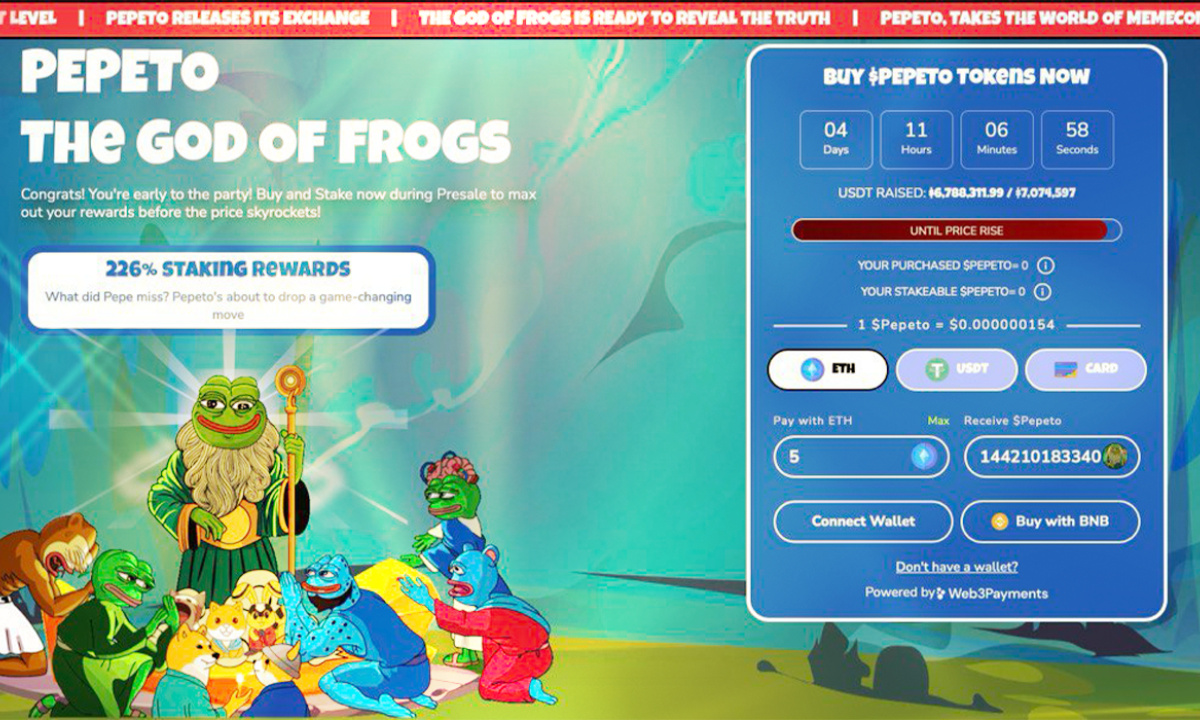VanEck Files S-1 for First U.S. Lido Staked ETH ETF


VanEck, a leading asset manager with over $133 billion in assets under management, submitted an S-1 registration statement to the U.S. Securities and Exchange Commission (SEC) for the VanEck Lido Staked ETH ETF.
This filing marks the first-ever U.S. ETF proposal directly tied to stETH, Lido’s liquid staking token representing staked Ethereum (ETH). The move builds on earlier groundwork, including a statutory trust registration filed in Delaware on October 2, 2025, and a preliminary prospectus submitted around October 16-17, 2025.
The fund would primarily hold stETH, a derivative token issued by Lido Finance when users stake ETH. stETH allows holders to earn staking rewards typically 3-5% APY while maintaining liquidity for use in DeFi applications.
It tracks the MarketVector Lido Staked Ethereum Benchmark Rate index, capturing both ETH price performance and staking yields. Investors gain indirect access to Ethereum’s proof-of-stake rewards without running validators or managing self-custody wallets.
Register for Tekedia Mini-MBA edition 18 (Sep 15 – Dec 6, 2025): registration continues.
Tekedia AI in Business Masterclass opens registrations.
Join Tekedia Capital Syndicate and co-invest in great global startups.
Register for Tekedia AI Lab: From Technical Design to Deployment.
Daily creations/redemptions in cash or in-kind stETH, with custody via regulated partners like Coinbase. Rewards accrue via stETH’s daily rebasing, net of Lido’s 10% fee.
Structured for traditional investors, potentially qualifying for 1099 reporting and appealing to institutions like pensions. Redemption baskets: 10,000 shares per 1,000 stETH.
Quarterly proof-of-reserves audits and insurance for validator slashing risks. Authorized participants: Firms like Jane Street and Virtu for price stability. Lido currently dominates Ethereum staking, with ~$40 billion in value locked about 23-33% of all staked ETH and over $2 billion in rewards distributed.

This ETF could amplify that by channeling institutional capital into the protocol. The filing arrives amid a more favorable SEC environment: Generic Listing Standards: Effective earlier in October 2025, these streamline approvals for crypto ETFs, cutting review times from 240 to 75 days under the Securities Act of 1933.
In July 2025, the SEC clarified that staking activities and tokens like stETH are generally not securities, removing a major hurdle for yield-bearing products. Analysts estimate ~70% approval odds, potentially by Q2 2026, following the success of spot ETH ETFs which drew $15 billion in inflows in their first six months.
If approved, this could unlock $5-30 billion in AUM within years, per projections, positioning stETH as Ethereum’s “benchmark” staking asset. stETH Price: Dipped ~5% immediately after the October 17 prospectus news amid broader market volatility, but has since stabilized near a 0.99-1.01 ETH peg.

LDO (Lido’s Token): Surged 3-17% in the week following the initial Delaware filing. Could boost ETH liquidity and price potentially to $5,000-6,000 by tightening supply through increased staking. It also signals a shift from spot ETFs to “yield ETFs,” with rivals like BlackRock and Fidelity eyeing similar products.
Lido controls ~30% of Ethereum validators; massive ETF inflows could push it over 33%, risking network security. Ethereum devs have discussed caps on liquid staking dominance. stETH rebasing may cause minor NAV fluctuations; SEC scrutiny on “dividends” or slashing exposure remains.
While first-to-file, other issuers could follow, and diversification mandates (e.g., including Rocket Pool) might be required. X recent posts highlight excitement around institutional DeFi integration:Users note it as a “gateway to staking” for big investors, bypassing technical barriers.
One analyst called it Ethereum’s “BlackRock moment”—efficient but potentially at the cost of decentralization. Lido’s foundation praised it as validation of liquid staking’s infrastructure role.
This filing underscores Ethereum’s maturation, blending DeFi yields with TradFi wrappers. Watch for SEC feedback in the coming months—approval could catalyze a new wave of staking products globally.





